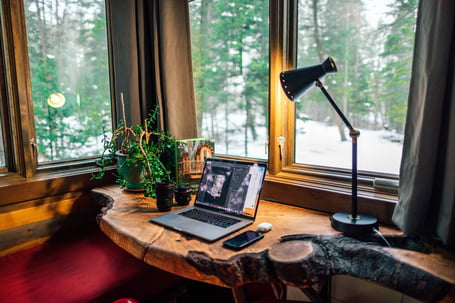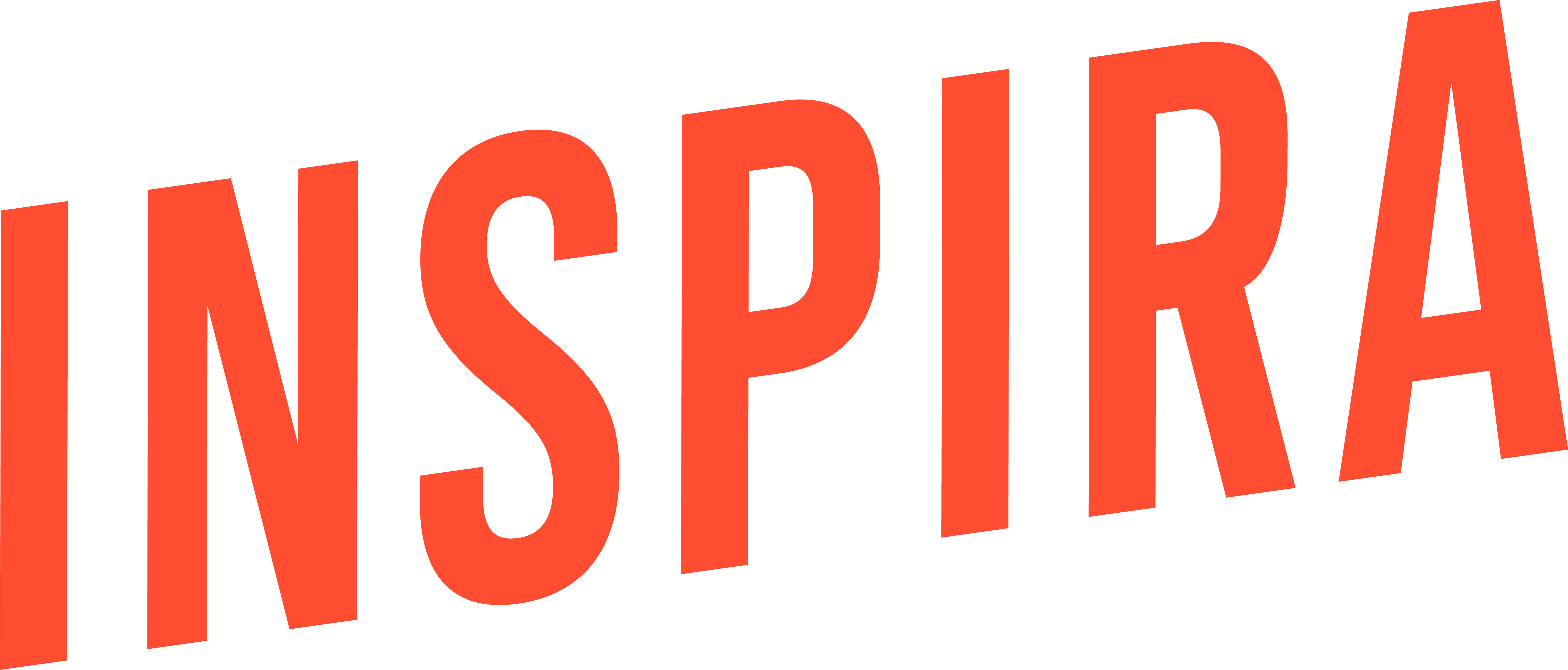For all of us, the coronavirus pandemic represents an unprecedented moment in our lifetimes. Though the end of this crisis is not yet in sight, we’ve learned a lot about how consumers are changing their behavior in the interim. While some of the change we’ve undergone during this period is likely to be temporary – toilet paper hoarding included – previous crises have taught us that other changes may represent a more permanent shift in the way we conduct our daily lives.
After the Spanish Flu and the end of World War I, consumers sought diversions and found them in the form of radio, the growth of automobiles, and the proliferation of speakeasies. Meanwhile, the Great Recession of 2008 had a dramatic impact on Millennials – many of whom were just graduating from school and entering the workplace. Finding it difficult to secure a job and earn wages sufficient enough to pay off student debt, Millennials have delayed going through major life processes like marriage or home ownership in comparison to previous generations.
While news surrounding the COVID-19 crisis continues to pour in on an hourly basis – thus adding a degree of uncertainty to any prognostication – here are some of the ways in which we expect things to change once (new) normalcy is restored.
Continued Growth in Wellness
Public health is, of course, the issue at the forefront of the pandemic. As a result, people are making decisions with their own health in mind, and that includes preventive care, nutritional supplements, and fitness equipment/streaming services. While companies such as Peloton and Mirror had already made their way into homes across America, we’re seeing fitness franchises and studios create their own makeshift digital offerings to enable their customers to maintain their fitness from afar. Going forward, we can expect that more of these options will become available to consumers – and at a more accessible price point than some of their predecessors.

Focus on Family, Friends, and Community
In a survey of nearly two million working class Americans, Fluent asked what people were most nervous about in this crisis. Family health (36%) took precedence over personal health (26%), health of the country (20%), finances (12%), and the economy (5%). Given all the free time brought by social isolation, Americans are leveraging tools like Zoom or FaceTime to virtually connect with their family, friends, and loved ones for game nights, happy hours, and more. Though the COVID-19 crisis has wrought great destruction, it has also served as a reminder of what is truly most important to all of us. Maybe that Zoom happy hour with your folks remains on the calendar after this is all over!
Emphasis on Brand Trust
In a global study of over 12,000 people, Edelman sought to understand what consumers expect of their favorite brands during this time. The short answer? Consumers expect their favorite brands to be leaders, with 62% saying that we won’t make it through this crisis without brands serving a critical role. Perhaps more importantly, 65% said that a brand’s response in the crisis will have a huge impact on their likelihood to purchase it in the future. Though brands themselves are suffering from the health-related and economic repercussions of the pandemic, people expect them to contribute toward the solution by bringing value, entertainment, and good to the world during a difficult time. As we discussed previously, brand contributions can run the gamut from a free Netflix login to producing vital medical equipment in support of the supply chain. Regardless, we can expect that consumers will remember how brands responded during a difficult time and use their purchasing power accordingly.
New Ways of Business
Countless businesses across the globe are suffering due to the current restrictions around gathering in person. The unfortunate reality is that there is no panacea should we experience another event like COVID-19 in the future. However, businesses of all shapes and sizes need to consider how they can adapt their offerings to protect against such scenarios. For experiential marketing agencies, that means expanding beyond “IRL” and having contingency plans just like one would for weather concerns. Comprehensive sanitization practices, too, will be an imperative – both at live events and in the office.
With regard to the workplace, it’s also possible that we’ll see a surge in remote work as a result of this crisis. Companies that may have previously been averse to remote work may now be more willing to do so in the future, especially as it allows them to access a larger pool of talented candidates.

Though much remains up in the air as countries across the globe navigate through this crisis, the companies that are most attentive to consumers’ desires and anticipate the shifts in behavior post-COVID-19 will be the ones best positioned for success going forward. If your brand is interested in discussing how to navigate this crisis or planning for afterwards, contact us today to learn more.
Sources: "Real-Time Insights: The Impact of COVID-19 on Working Americans." Fluent Pulse (2020), "Trust Barometer Special Report: Brand Trust and the Coronavirus Pandemic." Edelman (2020).

